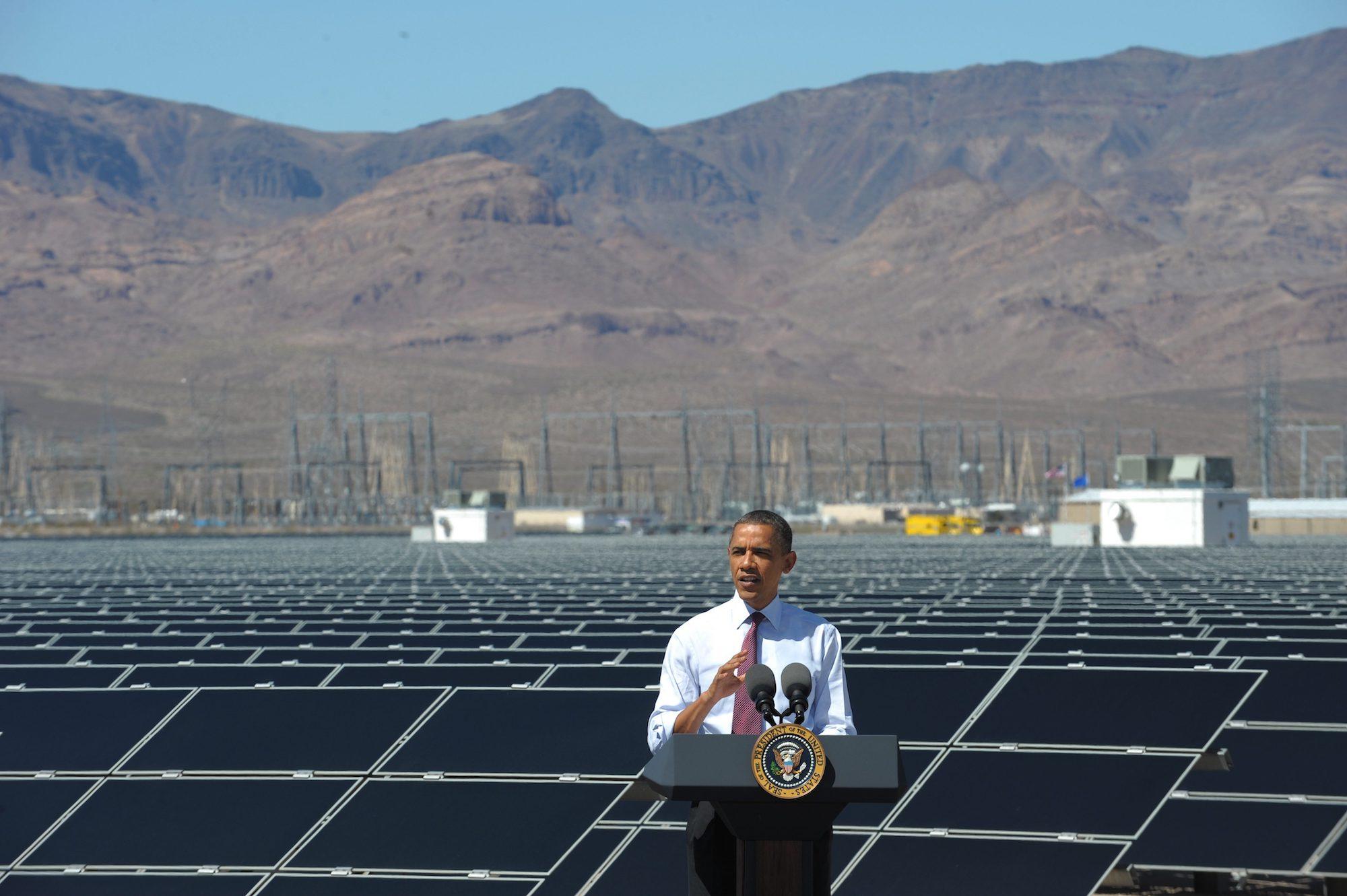Global fossil fuel demand set to fall from 2020, three centuries after the dawn of the Industrial Revolution
Solar panels and electric vehicles are becoming cheaper so quickly that demand for oil and coal will peak in just three years, report predicts

Your support helps us to tell the story
From reproductive rights to climate change to Big Tech, The Independent is on the ground when the story is developing. Whether it's investigating the financials of Elon Musk's pro-Trump PAC or producing our latest documentary, 'The A Word', which shines a light on the American women fighting for reproductive rights, we know how important it is to parse out the facts from the messaging.
At such a critical moment in US history, we need reporters on the ground. Your donation allows us to keep sending journalists to speak to both sides of the story.
The Independent is trusted by Americans across the entire political spectrum. And unlike many other quality news outlets, we choose not to lock Americans out of our reporting and analysis with paywalls. We believe quality journalism should be available to everyone, paid for by those who can afford it.
Your support makes all the difference.Demand for coal and oil will peak in 2020 as the renewable energy revolution gathers pace and undercuts fossil fuels on price, according to a new report.
It found that significant declines in the cost of solar panels and electric vehicles would reduce demand for fossil fuels, warning investors that relying on current industry projections might be a mistake that would leave their money “stranded” in worthless projects.
Cheaper electric vehicles, for example, could cut the market for oil by two million barrels a day by 2025 – “the same volume that cause the oil price collapse in 2014-15”, the report said.
Its authors, from the Grantham Institute of Climate Change and the Environment at Imperial College London and the Carbon Tracker think tank, suggested their projections could actually underplay the speed of the switch to a low-carbon economy.
Technological improvements and the risks posed by climate change were building momentum with rising levels of investment, research and public support in and for renewables.
And that, the report said, “could result in a global explosion of low-carbon technology deployment in the coming decades”.
The cost of solar panels has fallen by 85 per cent in seven years with battery costs dropping by 73 per cent over a similar period, while demand for electric vehicles has been growing by about 60 per cent each year.
Solar electricity was on track to become “materially cheaper than alternative power options globally”, the report said.
“In such a scenario of rapid change, the mass stranding of downstream fossil fuel assets is highly likely,” it said.
The experts predicted the growth in demand for coal and oil would stop from 2020 and begin to fall.
Solar energy alone could provide 29 per cent of global power generation by 2050, resulting in the total phasing out of coal and leaving natural gas with a market share of just one per cent, it added.
The figures are in marked contrast to those produced by major oil companies.
One industry estimate puts the total contribution from all renewables to global power generation at just 11 per cent by 2040.
Luke Sussams, a senior researcher at Carbon Tracker, said: “Electric vehicles and solar power are game-changers that the fossil fuel industry consistently underestimates.
“Further innovation could make our scenarios look conservative in five years' time, in which case the demand misread by companies will have been amplified even more.”
The switch to low-carbon technologies would help prevent global temperatures rising to a point where climate change becomes particularly dangerous – generally accepted as between 1.5C and 2C above pre-industrial levels – the report said.
But the researchers stressed that their projections were based not on the need to address climate change, but purely financial considerations.
Ajay Gambhir, senior research fellow at Imperial, said: “Most low-carbon pathways analysis considers what needs to be done to meet ambitious climate targets like 2C.
“Here we’ve looked at what would happen to the global energy system and global temperature if the lowest-cost options are deployed, in light of the latest projections of PV [solar panels] and electric vehicle costs.
“It’s time we fully understood the implications of these technologies’ relentless ride down the cost curve.”
Join our commenting forum
Join thought-provoking conversations, follow other Independent readers and see their replies
Comments